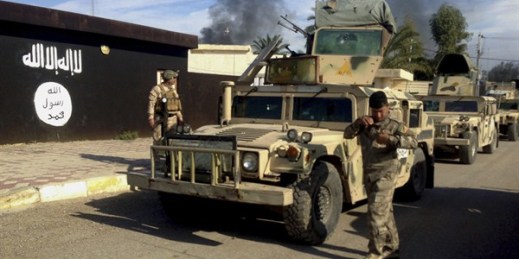
The political change heralded by the 2010-2011 wave of protests across the Middle East and North Africa known as the Arab Spring never reached Lebanon, but the small Mediterranean country of 4 million has been suffering from the repercussions of those momentous events ever since. To the north, fighters and goods are still being smuggled to embattled Syria. To the northeast, a war of attrition is underway with Islamist militants, who have already seized vast swathes of territory from northern Syria and Iraq. To the south, there is the ever-volatile border with Israel. Indeed, in all directions, Lebanon’s fate is […]




